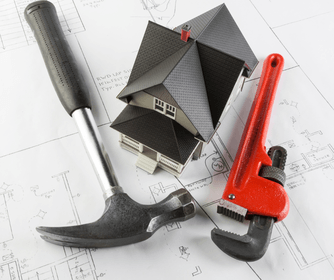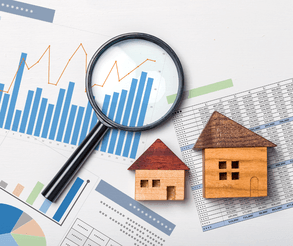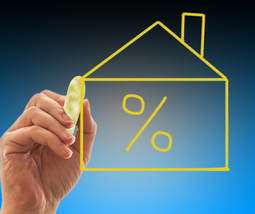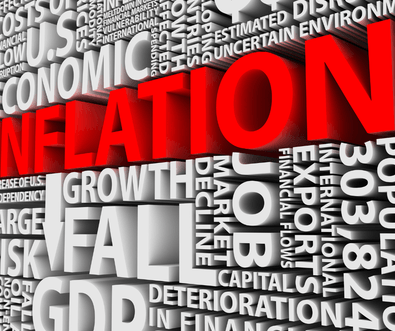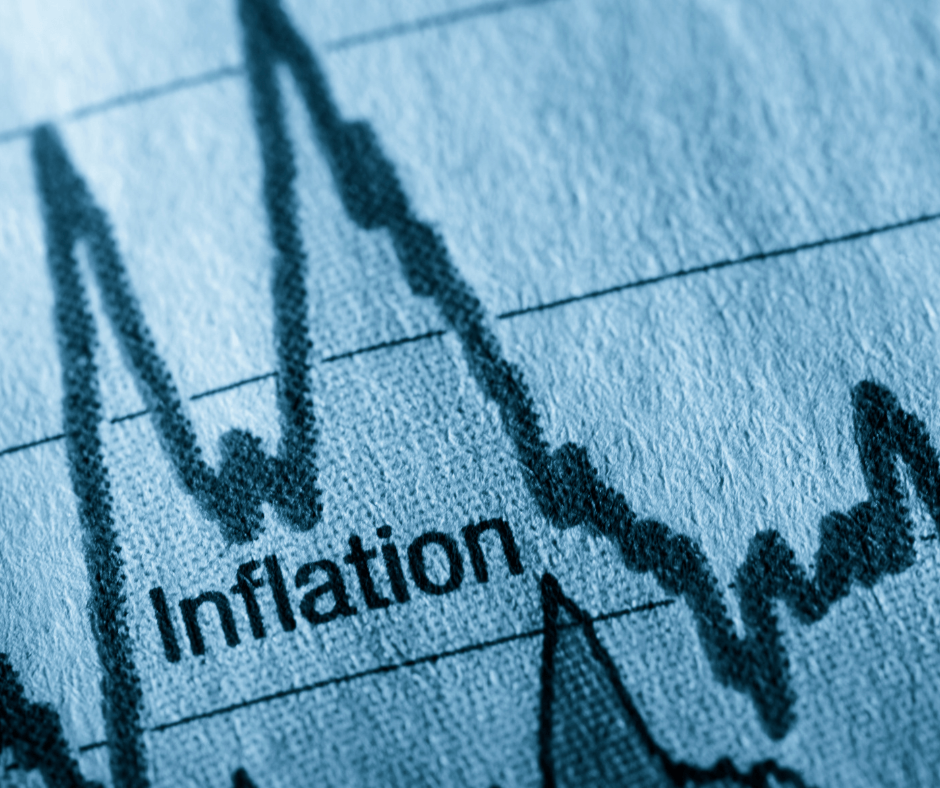The Power of Equity
You’ve probably heard that the main benefit of owning a home is building equity. But what does that mean, and how can it work for you?
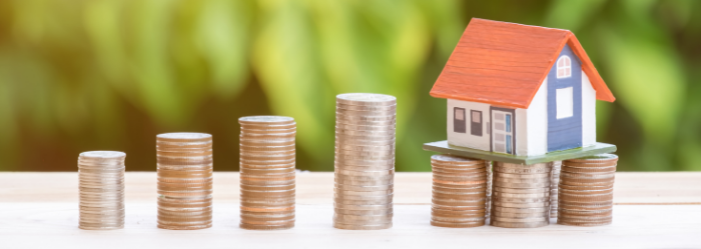
There are plenty of reasons to apply for a mortgage loan and buy a home: You’ll have a place to put down roots for you and your family. You’ll feel more connected to your community when you own. You’ll realize financial benefits at tax time. But one of the best financial reasons to own a home? You can build equity.
What Is Equity?
Equity is the difference between what you owe on your mortgage loan and the current value of your home. If your home is worth $200,000 and you owe $120,000 on your mortgage, you have $80,000 of equity.
Profit Possible When Selling
Equity comes with several benefits. Say you’re ready to sell your home. The more equity you have in it, the larger your profit may be when you sell. You’ll walkaway with more money if you sell your home after you’ve built equity.
Here’s an example: Say your home is worth $210,000. If you sell it for that amount and you only owe $100,000 on your mortgage, you’ll have $110,000 of equity. Of course, you’ll use some of that to pay your real estate agent’s commission and to handle closing/settlement costs. But the more equity you have, the more money you may earn when selling.
Tap Your Home’s Equity
If you have enough equity, you can borrow against it in the form of home equity loans or home equity lines of credit. You can use the funds from these products to pay for anything. Many homeowners use loans and lines of credit to pay for the costs of major home renovations or remodels. Others use it to pay down high-interest-rate credit card debt. Others might turn to home equity loans or lines of credit to help pay for their children’s college tuition.
The big benefit here? Home equity loans and lines of credit tend to come with lower interest rates. That makes borrowing against your equity one of the cheapest ways to borrow money.
You Can Eliminate PMI
Private mortgage insurance (PMI) is a form of insurance that protects lenders in case you stop making your payments. You’ll pay this insurance every month if you take out a conventional mortgage loan, one not insured by a government agency, and you don’t come up with a down payment of at least 20% of your home’s purchase price. PMI varies, but depending on the size of your loan it can cost you hundreds of dollars a month.
Once you have at least 20% equity in your home, you can ask your lender to remove PMI from your mortgage. And when you build at least 22% equity with a conventional loan, your lender will automatically remove PMI.
If you are curious about how much equity your home has gained, contact us for a complimentary Equity Review Report.


